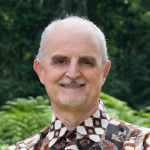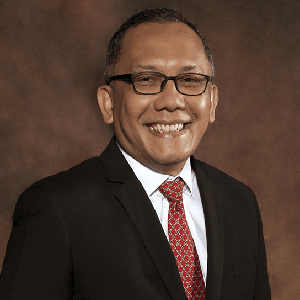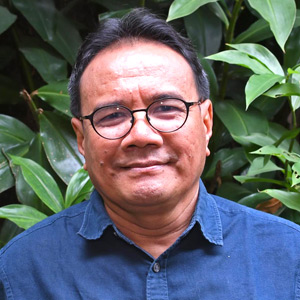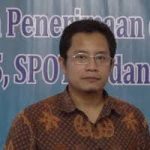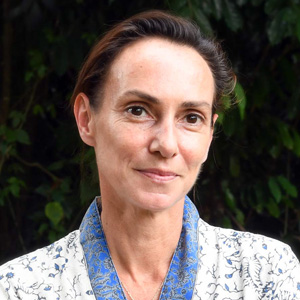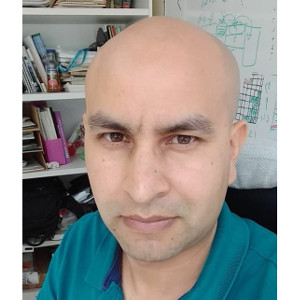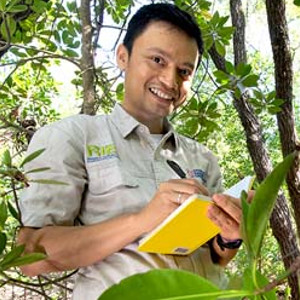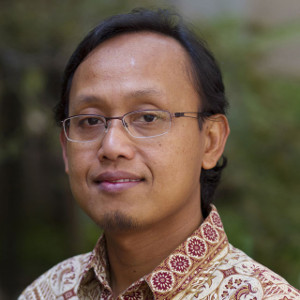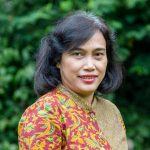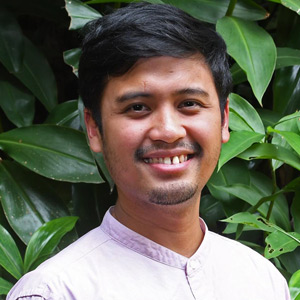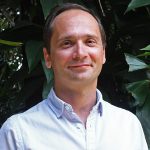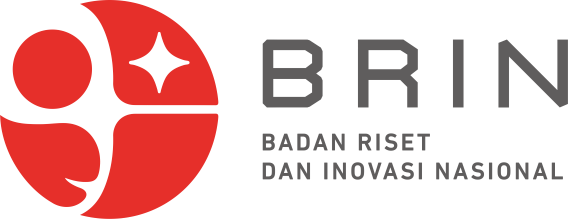The development of Forest reference Emission Level (FREL) is obligatory for the Parties of the United Nations Framework Convention on Climate Change (UNFCCC). As Indonesia ranks among the world’s top holders of high-carbon reservoirs in wetland ecosystems, including peatlands and mangroves, there are a number of under-represented sources and sinks that need to be included for the improvement of existing FREL and national MRV systems. Emissions from peatland fires, which accounted for 27% of national emissions in 2014, emissions of non-CO2 from drained peatlands, and oxidation of excavated mangrove soil are among components to be factored in.
While the Indonesian first FREL submitted to the secretariat of the UNFCCC is a laudable first effort, areas for technical improvement suggested by UNFCCC reviewers encompassed inclusion of peatland fires and emissions of non-CO2 gases. Emissions are reported at a Tier 2 level using country-specific data. In addition to the already adopted emissions factor (EF), Indonesia uses its own high-resolution land cover dynamics, known as activity data (AD) for the most important land cover categories.
The goal of this event is to create a constructive, honest space for scrutinizing some of the most promising demand-side opportunities for reducing emissions from deforestation and forest degradation, including carbon-rich wetlands. The session will provide a critical outlook of rapidly evolving legislative and private sector agendas shaping policy ambition and implementation in Indonesia and beyond.
Objectives
The specific objective of this workshop is to bring together policymakers, practitioners and civil society to work together with scientists to:
- Understand the process of developing and improving Indonesian FREL in the context of national and sub-national levels implementation of emission mitigation in land sector
- Assess the impact of new data (emission factor and activity data) generation on the level of confidence and the adoption of methodologies
- Facilitate south-south exchange of knowledge around FREL development and improvement, especially in countries housing wetlands
- Identify the need for future FREL improvement
Expected outputs
- Workshop report
- Policy brief on the role of science for the development and improvement of FREL: lessons learned and implications for tropical wetland-rich countries
- Recommendations to develop terms of reference for final evaluation for the FREL project.
Contact
Kania Rahayu (k.rahayu@cgiar.org)
Indonesian-English interpretation will be available.






















